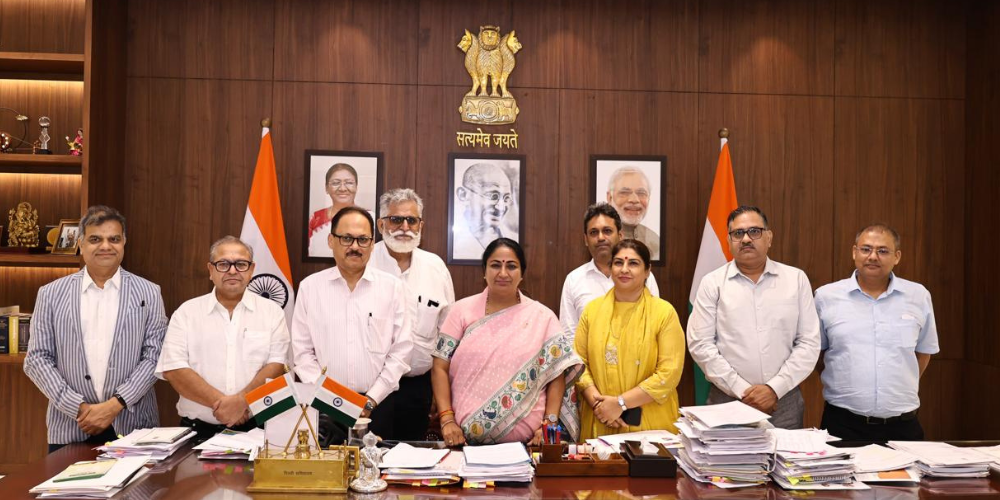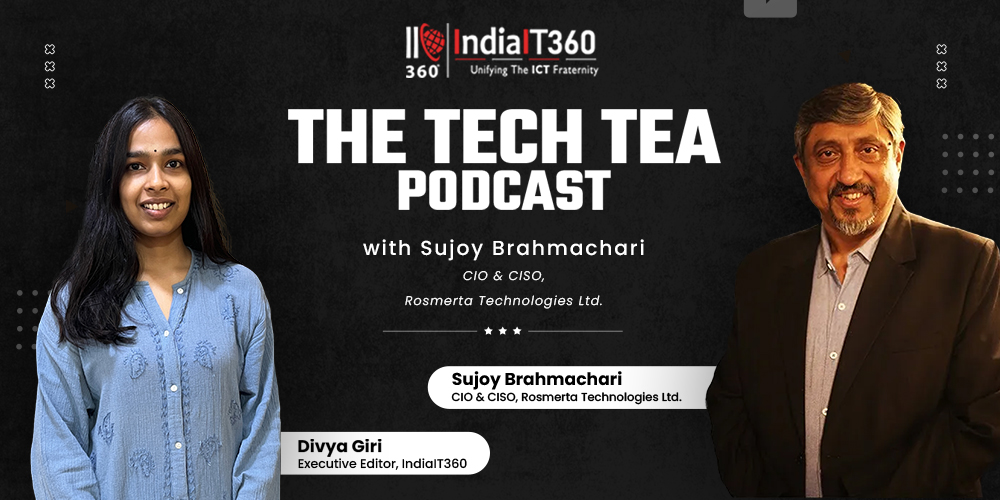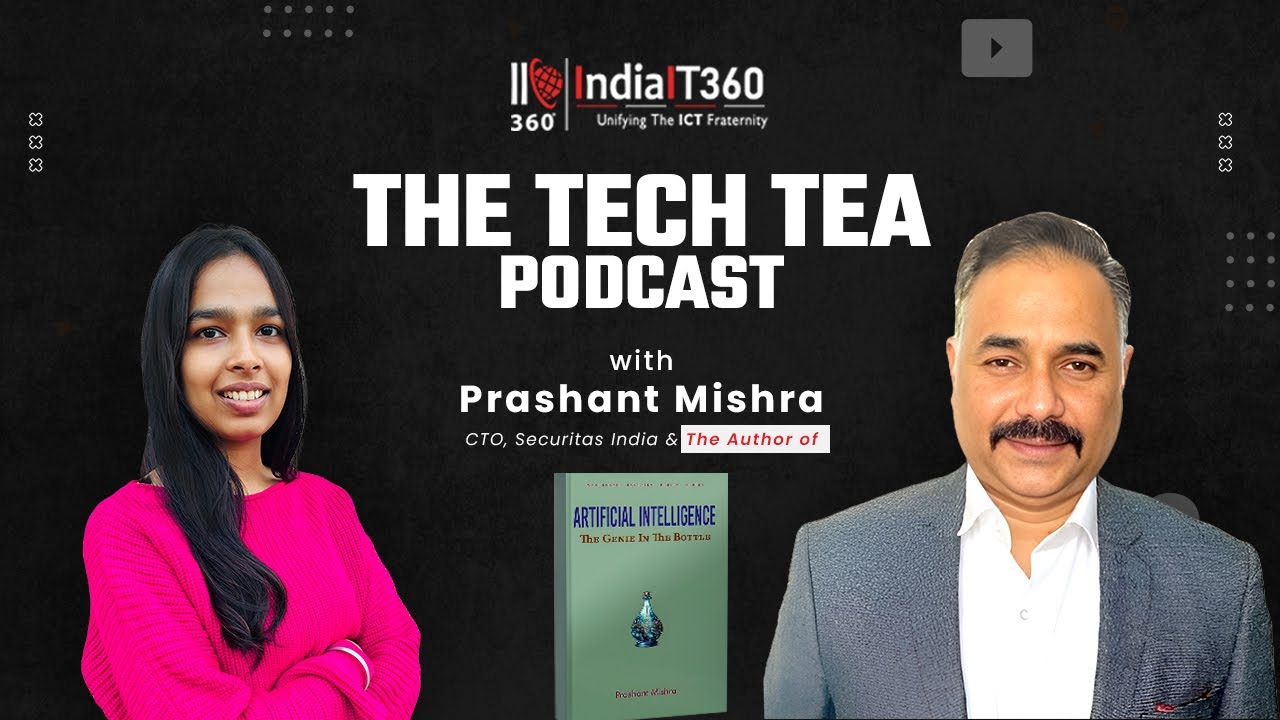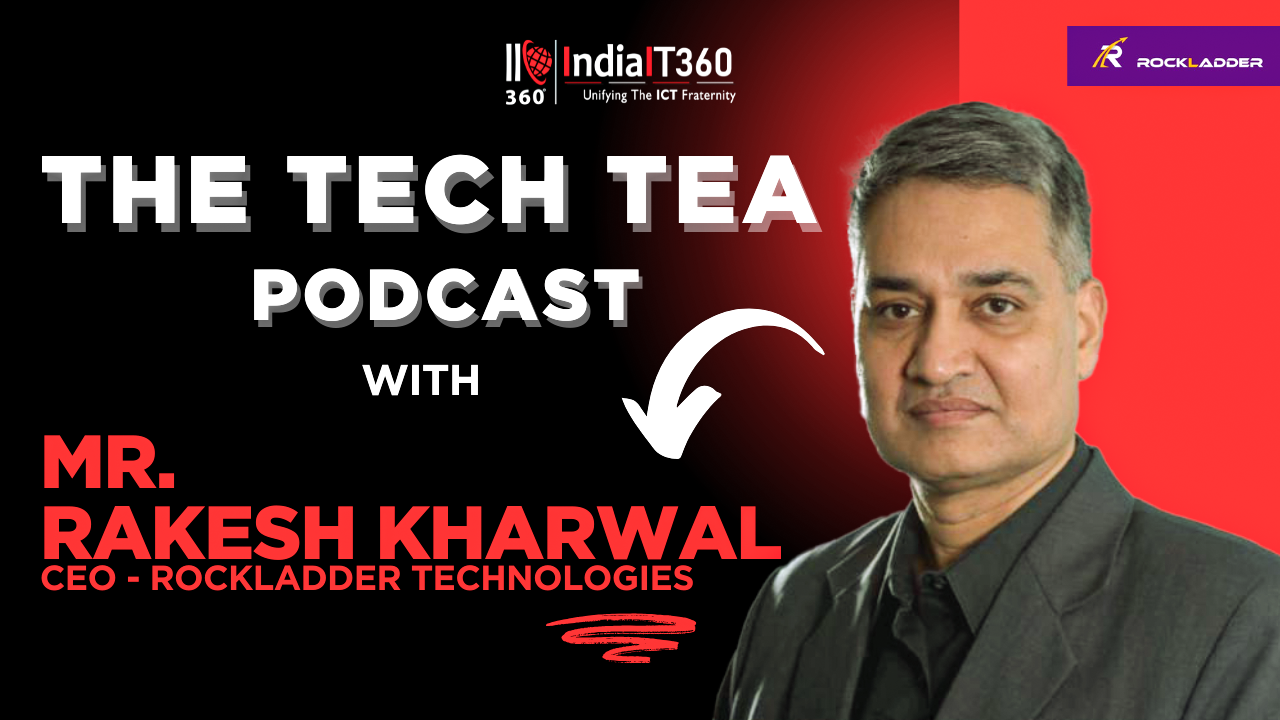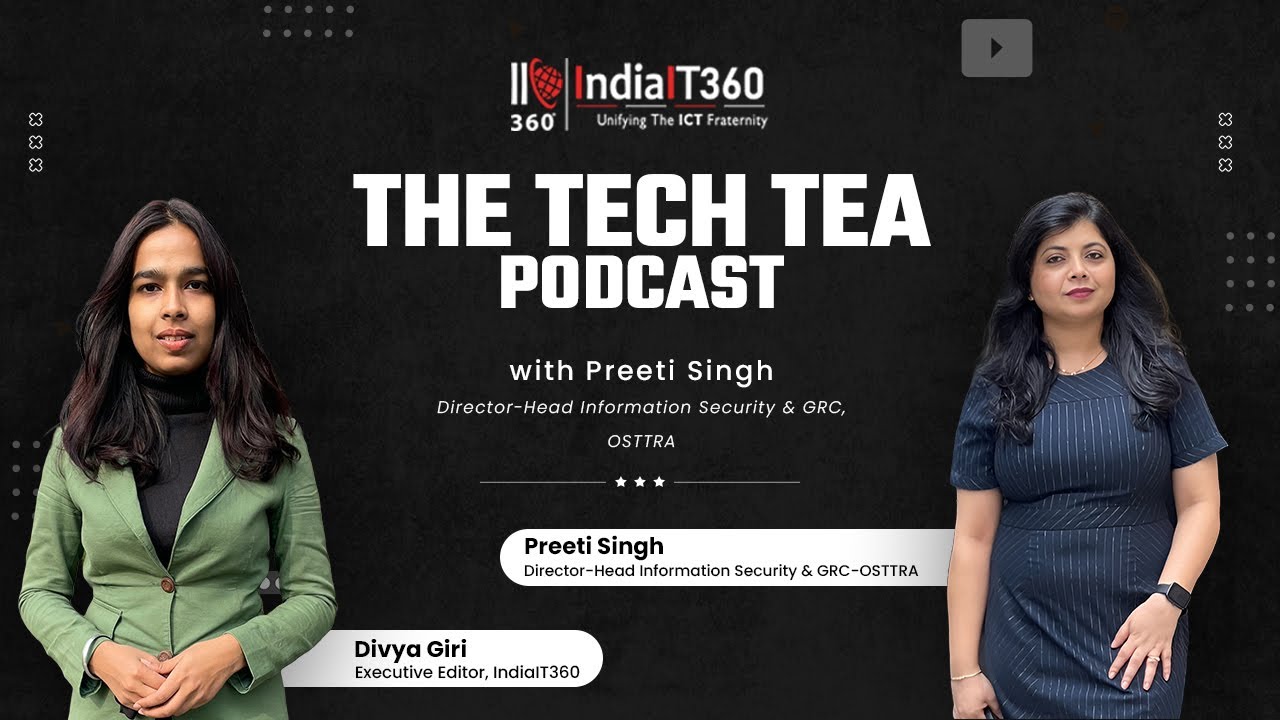Leaders Tech Talk: SSPM: The Next Frontier in Cloud Risk Visibility
How Technology Will Shape The Business Landscape In The Next Decade
How Technology Will Shape The Business Landscape In The Next Decade
How Technology Will Shape The Business Landscape In The Next Decade
Technology is transforming the world of business at an unprecedented pace. From artificial intelligence to blockchain, from cloud computing to 5G, from robotics to biotechnology, the innovations and disruptions of the digital era are creating new opportunities and challenges for businesses across all sectors and sizes. In this document, we will explore some of the key trends and predictions that will shape the future of technology in business in the next decade, with a special focus on technology related to the environment and sustainability.
Artificial Intelligence and Machine Learning
; ?>assets/home/images/art.png)
Artificial intelligence (AI) and machine learning (ML) are the technologies that enable machines to perform tasks that normally require human intelligence, such as reasoning, learning, decision-making, and natural language processing. AI and ML are already transforming various aspects of business, such as customer service, marketing, operations, product development, and security. According to a report by PwC, AI could contribute up to $15.7 trillion to the global economy by 2030, with $6.6 trillion coming from increased productivity and $9.1 trillion from enhanced consumer demand.
Some of the predictions for the future of AI and ML in business are:
AI and ML will become more accessible and affordable, thanks to the availability of cloud-based platforms, open-source frameworks, and low-code or no-code tools.
AI and ML will become more explainable and trustworthy as businesses and regulators will demand more transparency, accountability, and ethics from the algorithms and data that power them.
AI and ML will become more human-centric and collaborative as businesses will leverage the complementary strengths of humans and machines to enhance creativity, innovation, and problem-solving.
- AI and ML will become more pervasive and embedded as businesses will integrate them into every aspect of their value chain, from product design to supply chain management to customer experience.
Source: PwC, “Sizing the prize: What’s the real value of AI for your business and how can you capitalize?” 2017
Blockchain and Distributed Ledger Technology
; ?>assets/home/images/chain.png)
Blockchain and distributed ledger technology (DLT) are the technologies that enable the creation and exchange of digital records that are secure, transparent, and immutable without the need for a central authority or intermediary. Blockchain and DLT are already revolutionizing various industries, such as finance, healthcare, supply chain, and energy, by enabling new forms of transactions, contracts, and identity verification. According to a report by Gartner, the business value added by blockchain will grow to $3.1 trillion by 2030, with the majority of the value coming from the reduction of transaction costs, fraud, and errors.
Some of the predictions for the future of blockchain and DLT in business are:
Blockchain and DLT will become more scalable and interoperable as the technology matures and overcomes the challenges of performance, governance, and standardization.
Blockchain and DLT will become more diverse and inclusive, as the technology will enable the participation of more stakeholders, such as consumers, small businesses, and developing countries, in the digital economy.
Blockchain and DLT will become more social and environmental, as the technology will support the development of more sustainable and ethical business models, such as circular economy, social impact, and carbon credits.
- Blockchain and DLT will become more innovative and disruptive as the technology will enable the emergence of new products, services, and markets, such as decentralized finance, tokenization, and digital assets.
Source: Gartner, “Forecast: Blockchain Business Value, Worldwide, 2017-2030”, 2018.
The future of technology in business is not a destination but a journey, and the businesses that will thrive are those that will be ready and willing to embark on it.
Article Written by : Anandarup Basu – Head of IT, Perfetti Van Melle.





